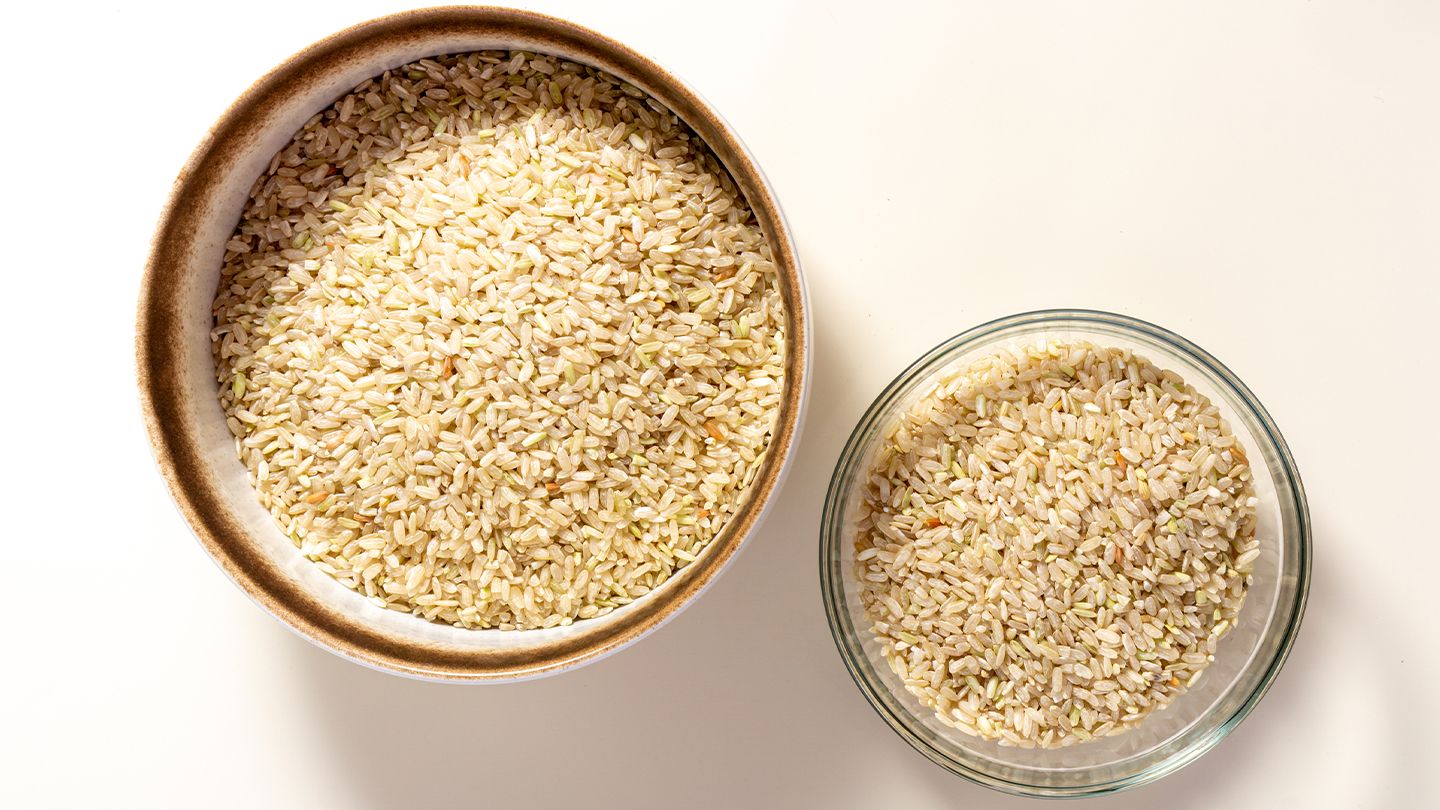Understanding AIDS and Its Impact
AIDS is a life-threatening condition caused by the Human Immunodeficiency Virus (HIV), which attacks and weakens the body's immune system, making it more susceptible to opportunistic infections and certain types of cancer. While there is currently no cure for AIDS, advancements in antiretroviral therapy (ART) have significantly improved the prognosis and quality of life for individuals living with HIV/AIDS.
The Importance of Nutrition in HIV/AIDS Management
Proper nutrition plays a crucial role in the management of HIV/AIDS. Individuals living with the condition often face challenges such as malnutrition, wasting syndrome, and altered metabolism, which can further compromise their immune system and overall health. A balanced and nutrient-dense diet can help support the body's ability to fight infections, maintain weight, and enhance the effectiveness of antiretroviral therapy.
Chocolate: A Surprising Ally?
While chocolate may not be the first food that comes to mind when discussing diets for individuals with AIDS, recent research has shed light on its potential benefits in this context. Chocolate, particularly dark chocolate, contains a variety of compounds that may contribute to improved health outcomes for those living with HIV/AIDS.
Antioxidants and Polyphenols in Chocolate
Dark chocolate is rich in antioxidants and polyphenols, compounds that have been shown to possess anti-inflammatory and immune-boosting properties. These antioxidants help neutralize free radicals, which can contribute to oxidative stress and cellular damage. By reducing inflammation and supporting the immune system, dark chocolate may potentially enhance the body's ability to fight off infections and maintain overall health.
The Role of Flavonoids
Flavonoids, a class of plant-based compounds found in cocoa and dark chocolate, have been studied for their potential benefits in HIV/AIDS management. Research suggests that certain flavonoids, such as epicatechin and quercetin, may inhibit the replication of HIV and reduce viral load, thus potentially slowing the progression of the disease.
Incorporating Chocolate into an AIDS-Friendly Diet
While chocolate may offer potential benefits, it is important to approach its inclusion in an AIDS-friendly diet with caution and moderation. Excessive consumption of chocolate, particularly varieties with high sugar content, can have detrimental effects on overall health and may exacerbate certain HIV/AIDS-related complications.
Choosing the Right Chocolate
When incorporating chocolate into a diet for individuals with AIDS, it is crucial to opt for high-quality dark chocolate with a cocoa content of at least 70%. This ensures a higher concentration of beneficial compounds while minimizing the intake of added sugars and unhealthy fats. Additionally, choosing organic and fair-trade chocolate can help avoid potential contaminants and support ethical and sustainable production practices.
Balancing Nutrition and Portion Control
While dark chocolate can offer some potential benefits, it should not be considered a standalone solution or a "magic bullet" in the management of HIV/AIDS. It is essential to maintain a well-balanced and nutrient-dense diet that includes a variety of whole foods, such as fruits, vegetables, lean proteins, and healthy fats. Portion control is also crucial when incorporating chocolate, as excessive consumption can lead to weight gain and other health issues.
Complementary Dietary Approaches
In addition to incorporating moderate amounts of dark chocolate, individuals with AIDS may benefit from adopting a holistic dietary approach that addresses specific nutritional needs and supports overall health.
Boosting Immune Function
A diet rich in immune-boosting nutrients, such as vitamins C and E, zinc, and omega-3 fatty acids, can help support the body's natural defenses against infections. Incorporating foods like citrus fruits, leafy greens, nuts, seeds, and fatty fish into the diet can provide these essential nutrients.
Managing Wasting Syndrome
Wasting syndrome, characterized by severe weight loss and muscle wasting, is a common concern for individuals with AIDS. Consuming a high-calorie, protein-rich diet can help combat this issue. Foods like lean meats, eggs, dairy products, legumes, and whole grains can provide the necessary calories and protein to support weight maintenance and muscle mass.
The Importance of Personalized Nutrition Plans
It is crucial to recognize that each individual with AIDS has unique nutritional needs and responses to various foods. Working closely with a healthcare team, including a dietitian or nutritionist, is essential to develop a personalized nutrition plan that takes into account individual health status, medications, and specific dietary requirements.
By incorporating nutrient-dense foods, moderate amounts of high-quality dark chocolate, and a balanced overall diet, individuals with AIDS can support their immune system, manage symptoms, and enhance their overall well-being. However, it is important to remember that nutrition is just one component of a comprehensive approach to HIV/AIDS management, which should also include antiretroviral therapy, regular medical check-ups, and a supportive network of healthcare professionals.
FAQs
What is the importance of proper nutrition for individuals with HIV/AIDS?
Proper nutrition plays a crucial role in the management of HIV/AIDS. A balanced and nutrient-dense diet can help support the body's ability to fight infections, maintain weight, and enhance the effectiveness of antiretroviral therapy.
How can dark chocolate potentially benefit individuals with HIV/AIDS?
Dark chocolate contains antioxidants, polyphenols, and flavonoids that may possess anti-inflammatory and immune-boosting properties. These compounds can help neutralize free radicals, reduce inflammation, and potentially inhibit HIV replication, slowing the progression of the disease.
What type of chocolate is recommended for individuals with HIV/AIDS?
It is essential to choose high-quality dark chocolate with a cocoa content of at least 70%. This ensures a higher concentration of beneficial compounds while minimizing the intake of added sugars and unhealthy fats. Organic and fair-trade chocolate is also preferable to avoid potential contaminants and support ethical production practices.
How should chocolate be incorporated into an AIDS-friendly diet?
While dark chocolate may offer potential benefits, it should be consumed in moderation and as part of a well-balanced and nutrient-dense diet. Portion control is crucial, as excessive consumption can lead to weight gain and other health issues. Chocolate should not be considered a standalone solution, but rather a complementary addition to a comprehensive dietary approach.
What other dietary approaches can support individuals with HIV/AIDS?
Individuals with AIDS may benefit from a holistic dietary approach that includes immune-boosting nutrients like vitamins C and E, zinc, and omega-3 fatty acids. Managing wasting syndrome through a high-calorie, protein-rich diet is also essential. Working with a healthcare team to develop a personalized nutrition plan is crucial.
Disclaimer: This article is for informational purposes only and does not constitute medical advice. Always consult with a healthcare professional before starting any new treatment regimen.
Related Coverage
Enjoy keto pizza from Pizza Hut by customizing thin crust pies with meats, veggies, red sauce, salads, wings, and diet drinks for low carb dine-in, takeout and delivery meals....
Prevent keto flu, cramps, fatigue, and heart issues by eating magnesium-rich foods like pumpkin seeds, leafy greens, cocoa and fatty fish. Supplements can also help....
Mozzarella cheese fits great into a keto diet and lifestyle. Learn about its nutrition facts, portion sizes, and find tasty recipe ideas for enjoying mozzarella while in ketosis....
If you need to know how many ounces are in a single cup of broccoli florets or stalks, this serving size guide breaks down the typical weight and nutrition info per ounce....
Ear issues like Eustachian tube dysfunction don't directly rupture nasal blood vessels but can contribute by propagating congestion and drying nasal passages....
Discover the best and worst cheeses for a keto diet. Learn how to navigate the cheese aisle and make informed choices to enjoy delicious, low-carb cheeses like parmesan....
Learn how compounds in matcha green tea may naturally relieve constipation, provide gut-healthy fiber, protect stomach lining, support liver function, and more....
Butter from grass-fed cows contains more healthy fats and nutrients to fuel low carb and keto diets. Learn how to choose quality butter and incorporate it....
Cheese can fit into a keto diet with minimal carbs per serving, but amounts vary. Learn the best low-carb cheeses to eat and avoid on keto....
Want to enjoy corn on the keto diet? This article explores how many net carbs are in corn, whether it will knock you out of ketosis, and low-carb corn alternatives....








